My Favorite Soil Amendment: Worm Castings
Earthworm castings (aka worm manure) are a great way to naturally condition the soil.
We take vitamins, minerals, pills, powders and liquids to boost our health. Even though I eat copious amounts of fresh fruits and vegetables every day (thank you Santa Barbara Farmers Market!) along with grains, beans, nuts, etc, I still take a couple of supplements. That’s how I think of worm castings – as soil boosters. That is why they are my favorite soil amendment. And, most importantly, they are earth friendly.
I always plant and compost with worm castings. I use them for everything including succulents, houseplants, herbs and shrubs. I talk about them quite a bit on our Youtube channel and this comes a request from one of our viewers so I thought … why not make a post out of it? Speaking of Youtube, be sure to watch the video at the end. Here’s why I use them.
1) Worm castings are a very nutrient dense soil conditioner. You don’t need a lot of this dark, rich amendment to enrich the soil and hence boost the roots of the plant. Soil is the foundation for the plants. Healthy soil = healthy roots. I don’t use fertilizers in my garden unless there’s a specific nutrient deficiency.
2) They increase the life of those microbes that you want & gets them to be very active. To make it short & sweet, microbial activity increases organic matter.
3) Worm castings not only aerate but also improve the soil’s texture. Aeration is important because roots need oxygen too.
4) They help the soil to hold the moisture. This is extremely important here in water starved California & the other Western states experiencing drought conditions this year.
5) Worm castings act like a filter & prevent plants absorbing too many toxins or heavy metals which are present in some soils.
6) They are loaded with mineral nutrients like N,P & K, as well as trace nutrients like iron, zinc & copper. Nitrogen, Phosphorous & Potassium are the 3 numbers on the fertilizer box,bag or bottle by the way. Vermicomposters feed the worms good stuff like fruits, vegetables, yard waste, etc & the castings are a result of everything left behind.
7) Worm castings are time released. They work nice & slowly which is what I like because my garden here in Santa Barbara (it has a year round Mediterranean climate) never goes to sleep. You can put a cup of the castings into a pail of water, let it steep for a few days and then water that in if you want it to work faster.
8) Here’s my favorite reason: they’re earth friendly. You can handle them & not worry at all. They’re safe for adults, kids & the creatures which inhabit your garden.
If the roots are healthy and happy the so are the plants. And, if your plants are strong, they can better deal with environmental stress and keep insects, diseases and viruses at bay. And that my friends, is why I think worm castings are fabu!
This brand is popular on Amazon: Earthworm Castings, 15 lb
This post may contain affiliate links, you can read our policies here.
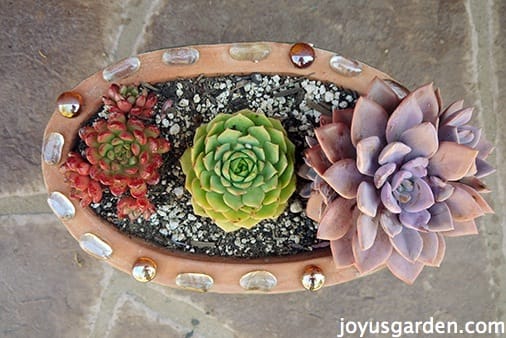
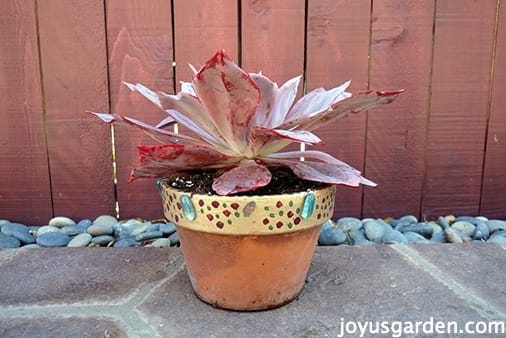
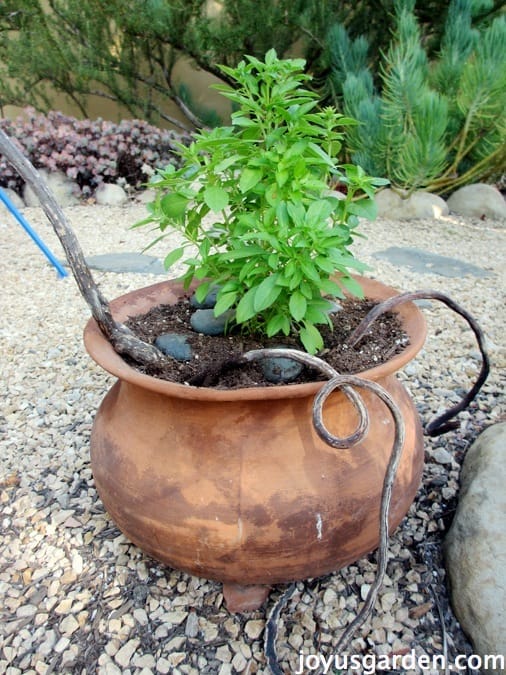

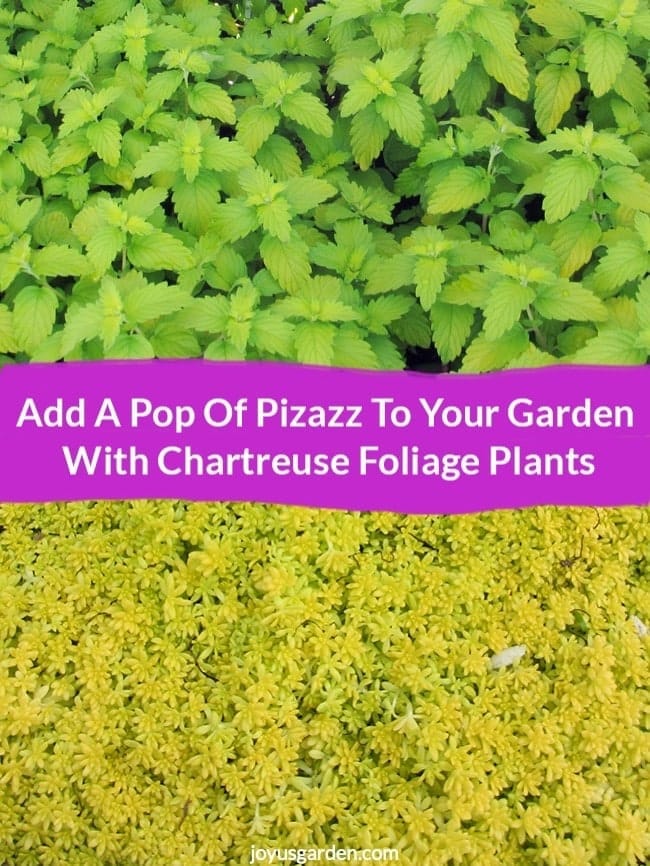

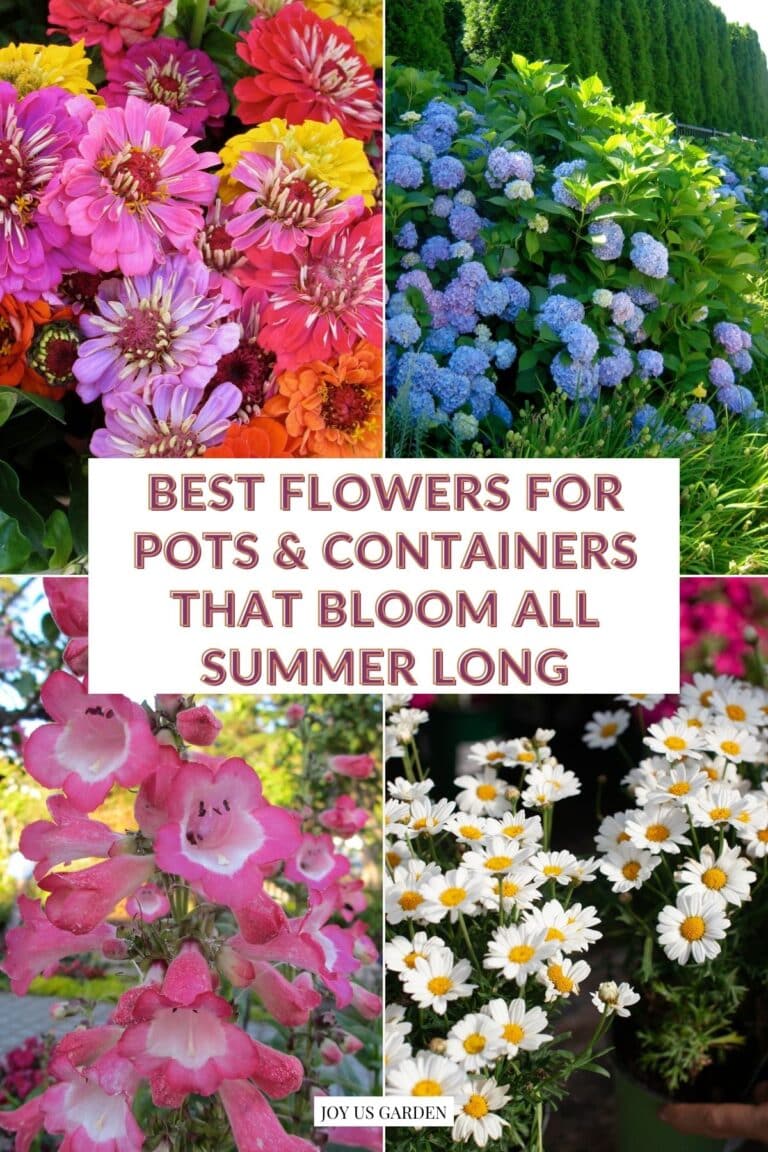
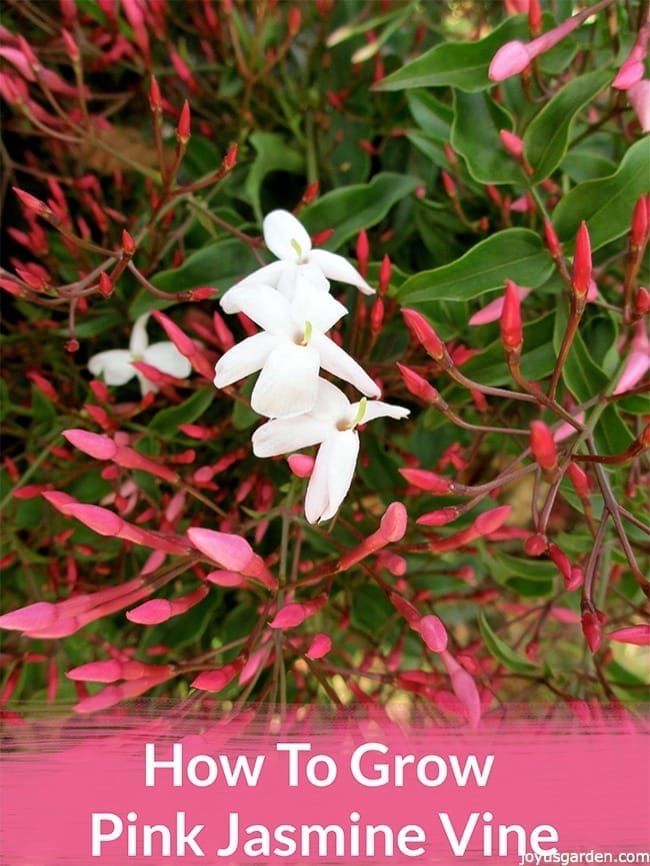
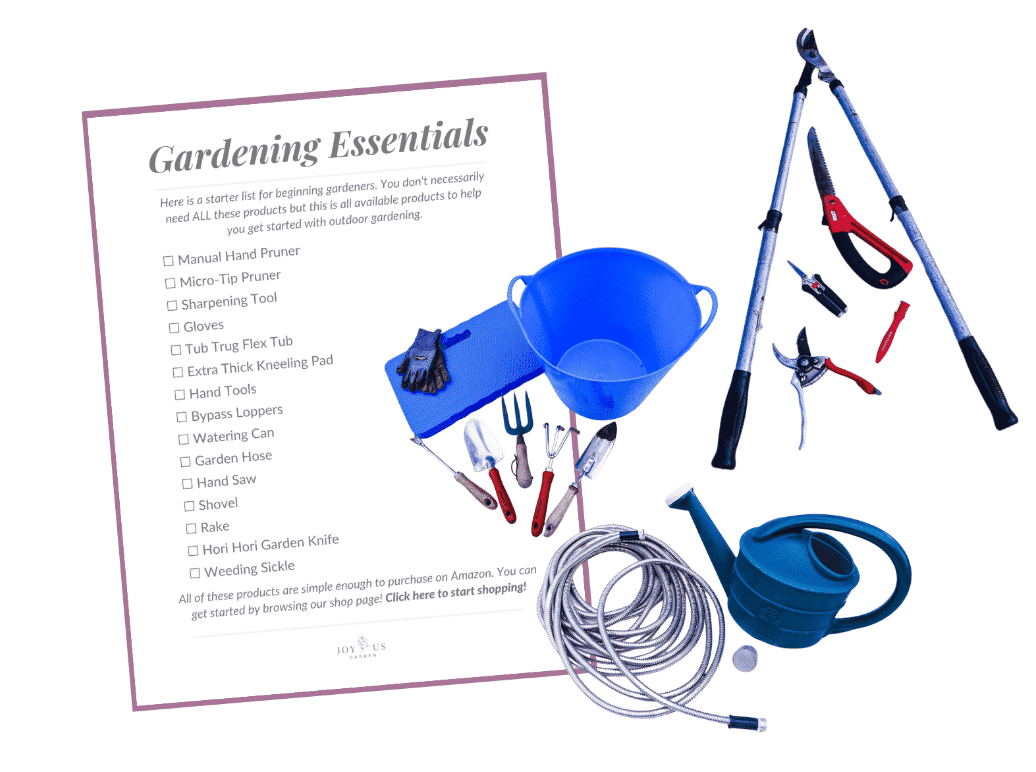
Hi Nell, I was hoping you could give me some insight into how to get that orangey-hue of the succulents you have in your Worm Castings video. I have a couple cuttings from a plant that was a beautiful vibrant orange and thought it would be a great addition to my succulent collection, but over time the color changed to the typical green color. I had seen your hydrangea video about making the soil more alkaline for the pinkish hue, do you think the same approach would work in this case? Thanks!
Hi Erica – That succulent that you see in the video is Coppertone Stonecrop & it’s growing in full sun. As a matter of fact,I just filmed a video about that plant a few days ago which I will post sometime soon. Succulents react to amount of sun & temperatures more that the alkalinity/acidity of the soil. The orange one is less orange when growing is less sun. The older growth on one of mine is more green because the newer growth covers it. My Aeoniums, Grapeteverias & Echeverias all have an intenser color when the temperatures cool. Try giving your succulent more sun. Hope that helps, Nell
Hi Nell- how much worm castings do you recommend adding to adding to a gritty mix for potted succulents?
Hi Danielle – I use worm castings sparingly. It depends on the size of the pot. For instance, with a 12″ low bowl, I would use 2 handfuls. I add a little to the mix & top with a 1/2″ layer. Nell
Thankyou for providing all the links to your favorite soil mix. I am in Phoenix and want to be sure my new container of aeoniums have the best chance. Thankyou! I will have to check your YouTube videos for tips next
You’re welcome Roxanne! I head up to Phoenix a couple of times a year for plant shopping. By the way, I just moved my big pot of aeoniums into the full shade. They don’t like our summer sun at all. Nell